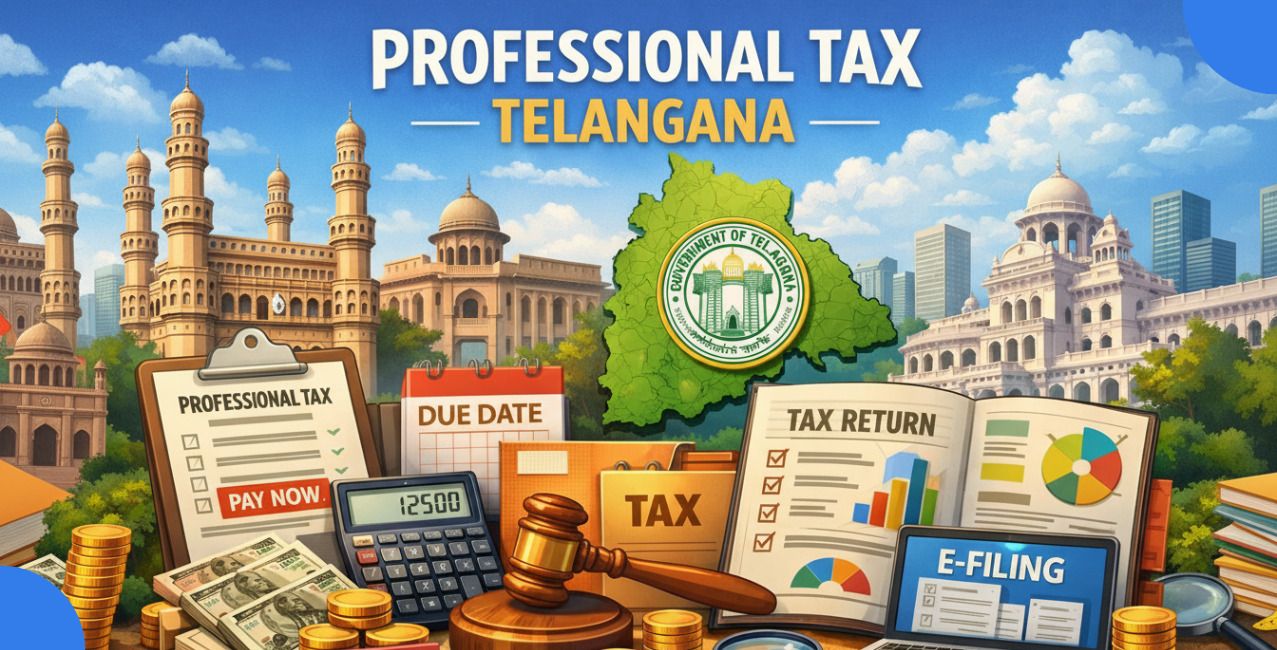Car Loan Tax Benefits: Complete Guide on Deductions & Savings

Check Your Loan Eligibility Now
By continuing, you agree to LoansJagat's Credit Report Terms of Use, Terms and Conditions, Privacy Policy, and authorize contact via Call, SMS, Email, or WhatsApp
Key Takeaways
- A car loan includes two parts: principal and interest. Under some special circumstances, you can claim car loan tax benefits and reduce your taxable income.
- Car loan tax benefits can be claimed by self-employed individuals and businesses; salaried individuals cannot claim this.
- However, salaried individuals can claim a deduction up to ₹1,50,000 on electric car loan interest, as per Section 80EEB.
A car loan helps people buy a vehicle without paying the entire cost up front. Along with flexible repayment options, it also offers some tax advantages, especially when the car is used for business or purchased as an electric vehicle.
For example, if you buy a car worth ₹12,00,000 with a loan at 9% interest for five years, you may pay about ₹2,50,000 in interest. If you use this car for your business, you can claim this interest as an expense and reduce your tax liability.
This makes a car loan not just a financial tool but also a smart tax planning choice. In this blog, we will explore who can claim tax benefits on a car loan, the advantages of car loan tax benefits, how to claim, and tips to maximise car loan tax benefits.
Overview Of Car Loan And Taxation
A car loan consists of two parts: the principal (actual borrowed amount) and the interest (the cost of borrowing).
- The principal repayment does not qualify for tax benefits.
- The interest paid may be claimed, but only under specific conditions, like business use or electric vehicle purchase.
This difference is important because only the interest portion provides relief. If you know this in advance, then you can make better financial decisions.
Advantages Of Car Loan Tax Benefits
If a vehicle is purchased for business use, it helps reduce taxable income. When a car is bought on loan for commercial purposes, the interest paid can be claimed as a deductible expense.
The advantages of car loan tax deductions vary depending on the situation. The following table shows this:
From the above-mentioned table, you can see that these benefits make loans useful not just for owning cars but also for saving money through taxation.
Who Can Claim Tax Benefits On A Car Loan?
Not all borrowers can enjoy tax benefits on a car loan. The eligibility depends on how the car is used and the type of borrower. The following table shows who can claim car loan tax benefits:
From the above-mentioned table, you can see that business owners and self-employed professionals get wider benefits compared to salaried individuals.
How To Claim Car Loan Tax Benefits?
The most important thing to claim car loan tax benefits is to make sure that you have proper documentation. Without proof, your deductions may be denied. The following table lists the main processes to claim car loan tax benefits:
The above-mentioned steps make sure that you claim car loan tax benefits smoothly and protect you from rejection.
Bonus Tip: Do you know that in FY2025, electronic vehicle sales grew by 16.9% from 17,50,000(in FY2024) to 19,70,000?
Car Loan Tax Benefits For Salaried Vs. Self-Employed
Car loan tax benefits differ for salaried and self-employed individuals. The following table highlights this:
The above-mentioned comparison makes it clear that tax savings are more accessible for self-employed individuals.
Car Loan Tax Benefit On Electric Vehicles
Electric vehicles enjoy a special deduction under Section 80EEB. This makes them attractive not only for environment-conscious buyers but also for those seeking tax relief.
- As per this provision, a maximum ₹1,50,000 deduction on interest payable on a car loan for an electric vehicle is applicable.
- Your car loan has been sanctioned by the financial institution during the period beginning on the 1st April 2019 and ending on the 31st March 2023.
- Only individuals can claim electric car loan tax benefits under Section 80EEB.
The above-mentioned points show how electric vehicle loans stand out in providing a clear and specific tax-saving option.
Bonus Tip: Do you know that, as per the latest GST slab rates 5% GST is payable on electric cars?
Tips To Maximise Car Loan Tax Deduction
You can increase the advantage of car loan deductions with some smart planning. The following table highlights the tips to maximise car loan deduction:
If you apply the above-mentioned tips effectively, then you can take the maximum advantage of the car loan tax benefits.
Conclusion
A car loan not only makes it easier for you to own a vehicle but also brings notable tax advantages in certain situations.
Business owners and professionals can claim deductions on interest and running costs, while salaried individuals can benefit mainly through electric vehicle loans under Section 80EEB.
You can turn your car loan into a tax-saving tool, with accurate documentation, proper loan planning, and smart usage.
If you choose an electric vehicle, then you can enhance your savings through lower GST, special deductions, and also provide environmental benefits.
FAQs
1. What is the CIBIL score for a car loan?
Most banks prefer a CIBIL score of 750 or above for approving a car loan.
2. What is the best time to buy a car?
Year-end and festive seasons are usually the best times due to discounts and offers.
3. What is the best way to finance a car?
A car loan with lesser tenure and reduced interest rate works best.
4. How to calculate depreciation for a car?
Depreciation is calculated as a fixed percentage of the car’s value each year, usually 15 to 20% for personal cars.
5. Can I claim Section 80EEB for an electric two-wheeler loan?
Yes, Section 80EEB covers electric two-wheelers as well, provided the loan is from a recognised financial institution.
6. How much to replace an EV battery?
Replacing an EV battery can cost between ₹4,00,000 and ₹6,00,000, depending on the model.
7. Is the deduction available on second-hand car loans?
No, tax deduction is not available on second-hand car loans, as benefits apply only to new purchases.
Other Related Pages | |||
About the author

LoansJagat Team
Contributor‘Simplify Finance for Everyone.’ This is the common goal of our team, as we try to explain any topic with relatable examples. From personal to business finance, managing EMIs to becoming debt-free, we do extensive research on each and every parameter, so you don’t have to. Scroll up and have a look at what 15+ years of experience in the BFSI sector looks like.
Subscribe Now
Related Blog Post

Professional Tax of Telangana: Guide to Rates, Rules & Payment Process

Property Tax Bihar: Rates, Online Payment Process & Complete Guide

Property Tax Gujarat – Rates, Calculation, Payment Process & Complete Guide
Recent Blogs
All Topics
Contents
Quick Apply Loan
Consolidate your debts into one easy EMI.
Takes less than 2 minutes. No paperwork.
10 Lakhs+
Trusted Customers
2000 Cr+
Loans Disbursed
4.7/5
Google Reviews
20+
Banks & NBFCs Offers
Other services mentioned in this article





